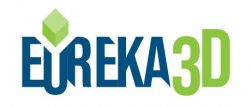A network of stakeholders is built by establishing connections with other cultural heritage institutions, technology projects and groups of interest. The establishment of cooperation agreements include various activities ranging from cross-dissemination, participation in the capacity building programme and other project events, trial and testing of the EUreka3D data hub and resources. This community is growing throughout the live of EUreka3D and EUreka3D-XR projects, and includes:
Archéosciences Bordeaux
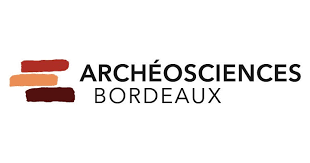
Archéosciences Bordeaux is a research laboratory at the interface of the Human and Social Sciences, and the physical, chemical and natural sciences. His areas of research focus on the chronology of human settlements, the circulation of ancient materials and techniques and imagery applied to heritage.
Digital Humanities Lab – University of Basel
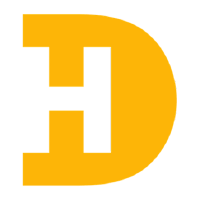
The Digital Humanities is an interdisciplinary institution of the University of Basel. Its task is to coordinate and promote research, teaching and infrastructure for digitisation in the humanities and social sciences. It is also a central institution in Switzerland for the theory and practice of the digital humanities and offers a Master’s programme and a Doctorate in Digital Humanities.
Giravolt – Departament de Cultura (Generalitat de Catalunya)

Giravolt, Catalan Cultural heritage’s new 3D digitisation project
Giravolt is more than the online publication of 3D models. It is a comprehensive project that promotes the use of 3D scanning technology in the field of Catalan cultural heritage. It is a collaborative initiative that traverses many fields of study to provide a new format for conservation and for raising awareness of our cultural heritage.
ICA International Council on Archives

The International Council on Archives is dedicated to the effective management of records and the preservation, care and use of the world’s archival heritage through its representation of records and archive professionals across the globe. For over sixty years ICA has united archival institutions and practitioners across the globe to advocate for good archival management and the physical protection of recorded heritage, to produce reputable standards and best practices, and to encourage dialogue, exchange, and transmission of this knowledge and expertise across national borders.
INCULTUM – Visiting the margins: INnovative CULtural ToUrisM in European peripheries
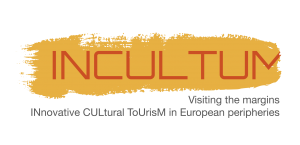
The INCULTUM project deals with the challenges and opportunities of cultural tourism with the aim of furthering sustainable social, cultural and economic development. It explores the full potential of marginal and peripheral areas when managed by local communities and stakeholders. Innovative participatory approaches are adopted, transforming locals into protagonists, able to reduce negative impacts, learning from and improving good practices to be replicated and translated into strategies and policies.
INSPAI – Diputació de Girona

INSPAI, Girona Provincial Council’s Image Centre, is a specialised public service forming part of Girona Provincial Council’s Department for Culture, New Technologies, Sports and Education, and is one of few facilities dedicated specifically to the collection, processing, conservation, dissemination, creation and promotion of images, in addition to providing training and technical support to municipalities and cultural centres and facilities.
meemoo
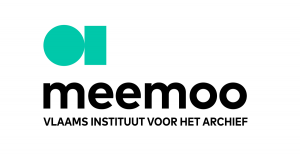
meemoo is a non-profit organisation that, with help from the Flemish Government, is committed to supporting the digital archive operations of cultural, media and government organisations. Together with partners, meemoo brings the past back to life and prepares it for the future. The organisation safeguards the archive content digitally, and make it accessible and usable.
Museovirasto – the Finnish Heritage Agency

The Finnish Heritage Agency is responsible, together with other authorities and the museum field, for protecting environments with cultural history value, archaeological culture heritage and architectural heritage, and other cultural property. It also collects and presents a culture historical national collection, studies material cultural heritage and both supports and develops the museum field nationally. It operates under the Ministry of Education and Culture.
NALIS

The NALIS (National Academic Library and Information System) Foundation was established in 2009 by three major Bulgarian academic libraries in Bulgaria with the support of the America for Bulgaria Foundation. NALIS offers now more than 1 million bibliographic records in a freely accessible online catalogue and has embarked on major digitisation and retro-conversion activities. The organisation is involved in other aspects of the modern library practice as well, such as popularisation of international standards and best practices, and terminological clarifications.
UNCHARTED
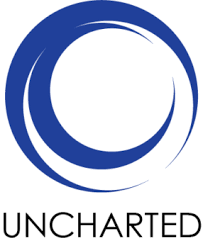
UNCHARTED project studies the emergence of values connected with culture, their configuration and the political impulse that these values could deliver to the society. It also focuses on the valuation practices of the actors involved in cultural life, especially in the areas of cultural participation, cultural production and heritage, and cultural administration. These are currently fundamental challenges for Europe and the main areas in which the project plans to leave its contribution by developing new tools and guidelines for understanding, calibrating and managing the plurality of values of culture.
ARTEST
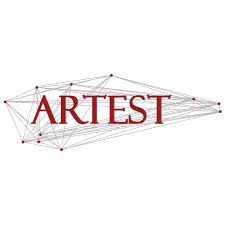
The project aims at rethinking education in humanities in Mongolia in line with European standards, research and practices to catch up with the latest trends of the labor market by adopting digital methods of research and education. Some of the project’s objectives are to develop innovative education methodology, to develop and launch multi-disciplinary Master degree programme, or to create Digital Lab for international small-scale projects aimed at preserving cultural heritage.
SECreTOUR

SECreTour is a Horizon Europe project that drives sustainable cultural tourism by empowering local communities, shaping a Fair, Creative, and Sustainable Tourism approach, and testing diverse European pilot cases to foster fair development, community engagement, and policy insights. SECreTour aims to avoid touristification, engage citizens in governance, and test ideas in diverse European pilot cases, spanning rural landscapes to places of historical significance.
The Swedish National Museums of World Culture

The Medelhavsmuseet (Museum of Mediterranean and Near Eastern Antiquities) houses Sweden’s most important archaeological collections of ancient and historical relics from the Mediterranean countries. It is part of The Swedish National Museums of World Culture.
The Swedish National Museums of World Culture, in agreement with partner Cyprus University of Technology, digitised the largest collection of Cypriot antiquities outside Cyprus. The collaboration aims to create a strategic plan for the digitisation of thousands of items, contributing to the preservation and global accessibility of Cyprus’s unique cultural wealth.
MNEMOSYNE
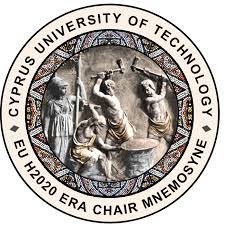
The Mnemosyne project under the leadership of the ERA Chair holder in Digital Cultural Heritage at Cyprus University of Technology, has been designed to implement a high-quality three-phase research programme centred on the holistic documentation of the DCH lifecycle in support of existing and potential user needs. Mnemosyne, will implement a research agenda, run a new Master Course focused on holistic DCH documentation and create a center of excellence on DCH by 2024.
TEKNIKER
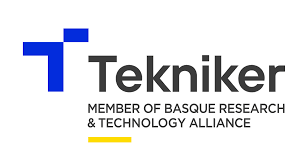
TEKNIKER is a private non-profit technology centre (RTO), located in the Basque Country, Spain. TEKNIKER’s mission is to increase the innovation of the industrial sector to improve its competitiveness. Tekniker is strongly specialised in Advanced Manufacturing, Surface Engineering, Product Engineering and ICTs technologies, with more than 40 years of experience in Research and Development. TEKNIKER excels in the Metrology field with dimensional calibration and measuring services and innovative developments, ranging from the macro to micro scales, and with 2D/3D inspection and measurement technologies for the digitisation of different kind of objects and scenarios. In addition, TEKNIKER’s lab provides certified capability in dimensional metrology and offers measuring & calibration services based on multiple technologies.
RAMS – Regionaal Archeologisch Museum a/d Schelde

RAMS (Regional Museum for Archaeology on the Scheldt) is a small museum including a depot managing collections from various archaeological excavations from across the Belgian province of West Flanders. The staff consists entirely of volunteers. All the collections RAMS holds are open for research. It has set as goal to digitize all its assets, descriptive and with a variation of 2D/3D documentation(s), and aims to make them available for the public.
Basílica del Pi
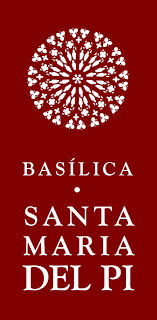
Basílica de Santa Maria del Pi is a 15th-century Gothic church in Barcelona, Catalonia, Spain. It is situated on the Plaça del Pi, in the Barri Gòtic district of the city. It is labelled as Cultural Asset of National Interest (BCIN), the most relevant assets of Catalan cultural heritage, both movable and immovable, declared of national interest by the Government of the Generalitat of Catalonia.
EUDAT/B2Handle
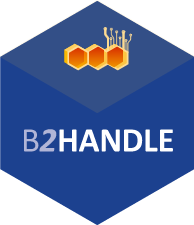
EUreka3D cooperates with GRNET and is using EUDAT B2HANDLE PID’s for long-term data preservation. The EUDAT B2HANDLE service helps to make data in the EUreka3D community FAIR (Findable, Accessible, Interoperable, Reusable). PIDs play a significant role in the data publication workflow, minted at the beginning of generating high-quality 3D digitisation of selected items and updated during the designed workflow.
EOSC Beyond
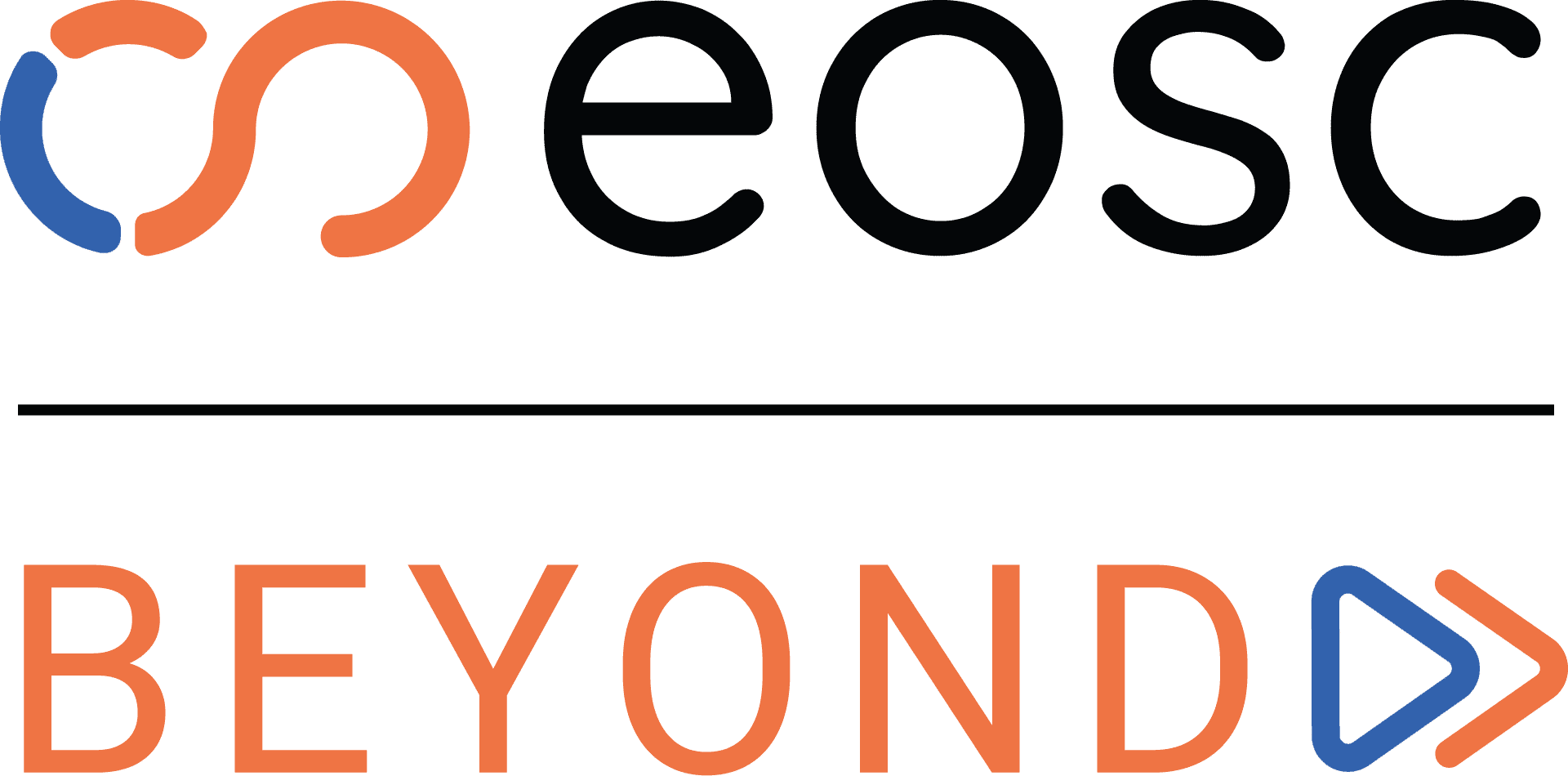
A Memorandum of Understanding is set with project EOSC Beyond, aimed at creating a structured framework for a long-term collaboration, which also includes EUreka3D-XR continuation project. Leveraging the advanced tools and capabilities offered by EOSC Beyond, the collaboration will pilot and facilitate the interoperability of EUreka3D (and future EUreka3D-XR) with EOSC infrastructure, ensuring alignment with European Data Spaces and fostering innovation.
eArchiving
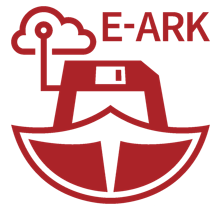
In the course of EUreka3D, a test was conducted for the long term preservation of the outstanding 3D model of the Lambousa boat digitized by Cyprus University of Technology, in the context of the eArchiving initiative.
eArchiving provides core specifications, software, training and knowledge to help people preserve and reuse information over the long-term.
La Tempesta
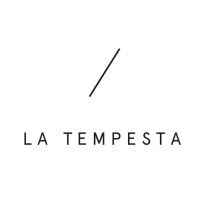
La Tempesta is a Barcelona-based company working in strategy and digital transformation services, and also a full service web and digital heritage production company. In the field of digital cultural heritage, La Tempesta designs and produces new formats and innovative digital experiences that connect institutions with a wider audience: providing digital expression and narrative to the cultural, historical and social content that differentiates organisations and characterises collectives and cities; taking on, in a careful and visually appealing way, digital projects that innovate cultural heritage and creating innovative digital formats that represent space, object and memory, written and archival documentation, image and the audiovisual – by using design, storytelling, web programming, mixed reality and 3D recreation.
SPK (Stiftung Preussischer Kulturbesitz), Germany

The SPK was founded in 1957 to preserve and continually enrich the cultural artefacts belonging to the former state of Prussia. The SPK is funded by the federal German government and all 16 of Germany’s individual states. The organizations that fall under the auspices of the SPK are the Staatliche Museen zu Berlin, with its many museums, the Staatsbibliothek (state library of Berlin), Geheimes Staatsarchiv (an archive of Prussian state documents), the Ibero-Amerikanisches Institut (a specialist library of Spanish- and Portuguese-language literature), and the Staatliches Institut für Musikforschung (a musicological research institute which has its own museum: the Musikinstrumenten-Museum). Thanks to an agreement, the 17 museums from SPK are able to upload 3D objects to the Eureka3D DataHub.
KU Leuven Faculty of Architecture, Belgium
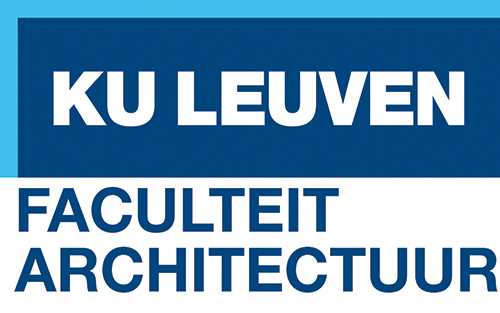
The Faculty of Architecture at KU Leuven offers an extensive range of programmes from Bachelor to Doctor, both Dutch and English, on two campuses: in Ghent and Brussels. The Faculty of Architecture stands for renowned architecture education. The history of the faculty and the proximity of the professional and academic art courses of LUCA School of Arts help determine its individuality. Students receive lessons from teachers who are in practice and who enthusiastically transfer the knowledge and skills from their architectural offices. The architecture programs of KU Leuven reached 37th place in the 2023 QS world ranking.
Museo Piemontese dell’Informatica , Italy
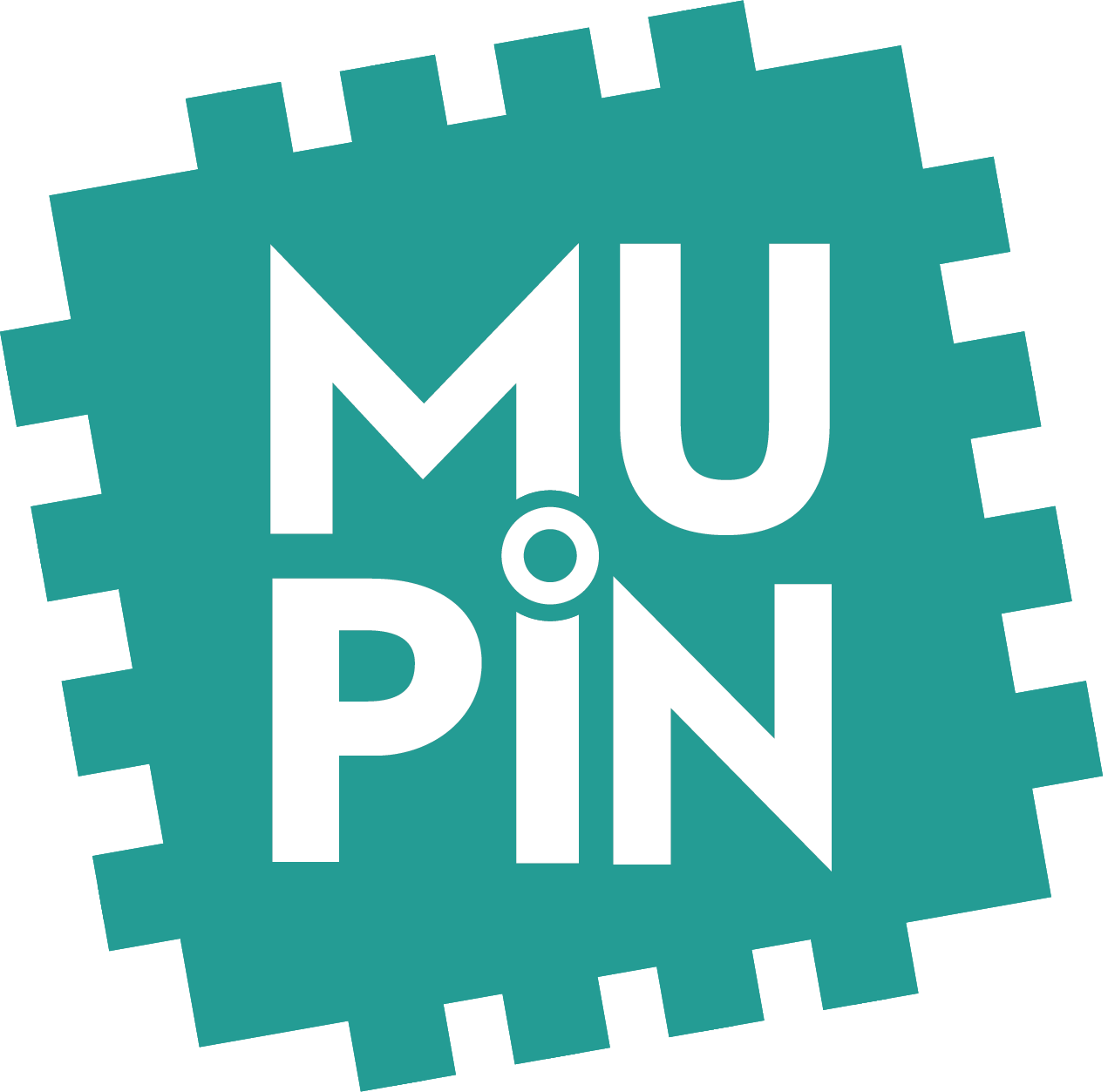
The Museo Piemontese dell’Informatica (Piedmontese Museum of Computer Science) is dedicated to the history of computing and it is made up of a set of collections, donated by its founding members, and collections that have been added subsequently. The museum’s archive currently consists of over 6,000 computers, from mainframes to minicomputers, from personal computers to home computers, from coin-ops to consoles. The Museum’s Library supports the scientific research activities of the Museum, and is open to all for consultation. It specializes in texts on computing and electronics. The preserved book collection includes: 3,000 monographic volumes, 6,000 volumes of periodicals, and around one hundred pamphlets. Since its inception, the Museum has stood out for its gender issues by joining the Ada Lovelace Day initiative: a global day dedicated to women and their achievements in science, technology, engineering, and mathematics. The Museum organizes outreach activities specifically aimed at children, features exhibitions, conferences, and workshops.
XYZ Technical Art Services, Germany

XYZ Technical Art Services bridges the gap between human-centred design, impactful visual stories and cutting-edge technologies. Building on 10 years’ experience in immersive media, the company works with researchers, innovators, and storytellers in technology and cultural heritage domains across Europe and beyond. Through user-centred design, iterative concepting and visualisation, XYZ integrates new technologies and tools to create inspiring experiences. Thanks to an agreement, the company is able to use the EUreka3D Data Hub.
LIP3D Project
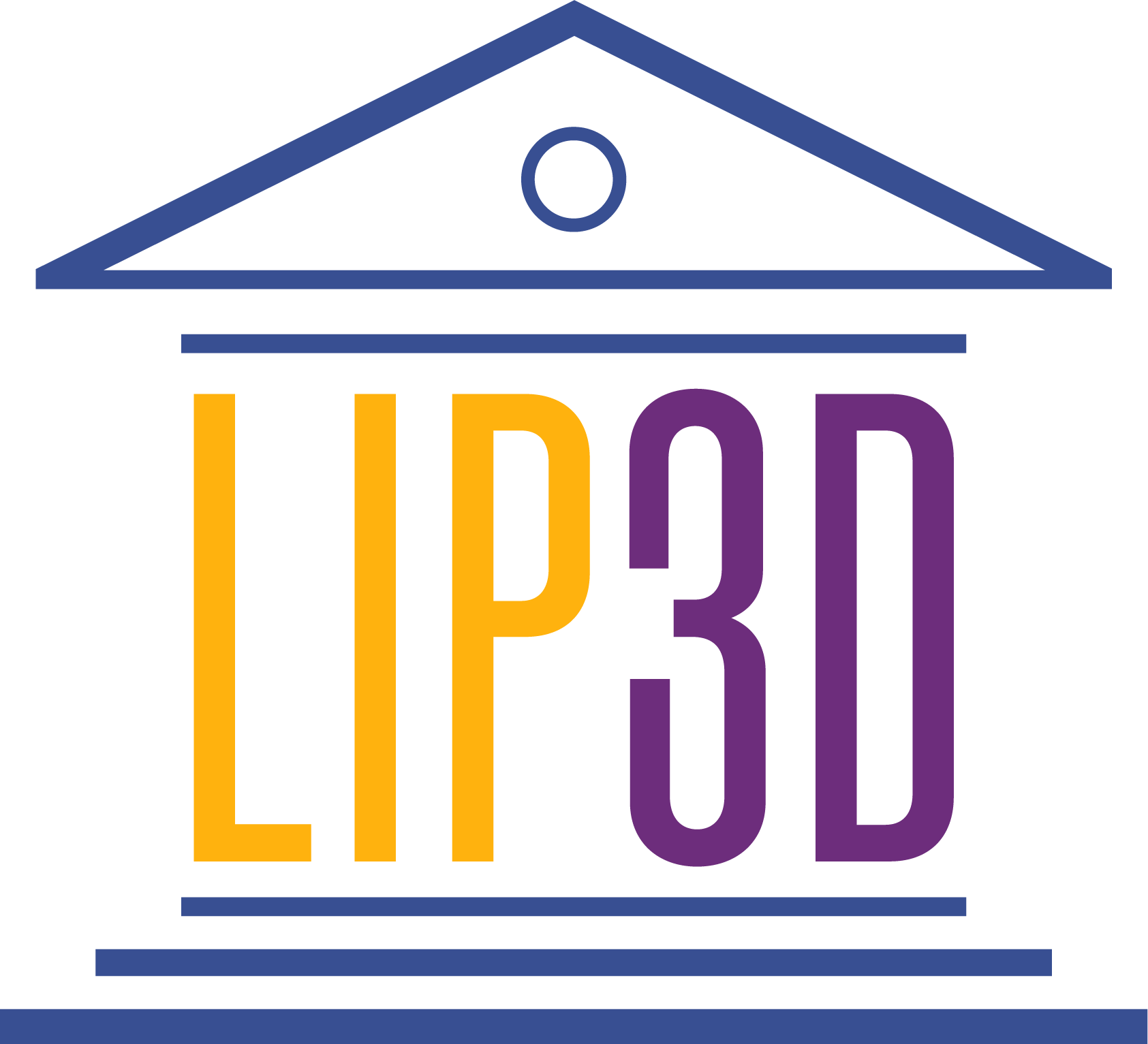
Living forever the past through a 3Digital world is an international initiative dedicated to exploring how advanced technologies (3D modeling, extended reality (XR), and digital data spaces) can transform the way we understand and share cultural heritage. Its mission is to experiment with innovative tools, methods, and practices to create immersive virtual worlds, with a special focus on archaeological sites. Thanks to an agreement, the company is able to test the EUreka3D Data Hub.
